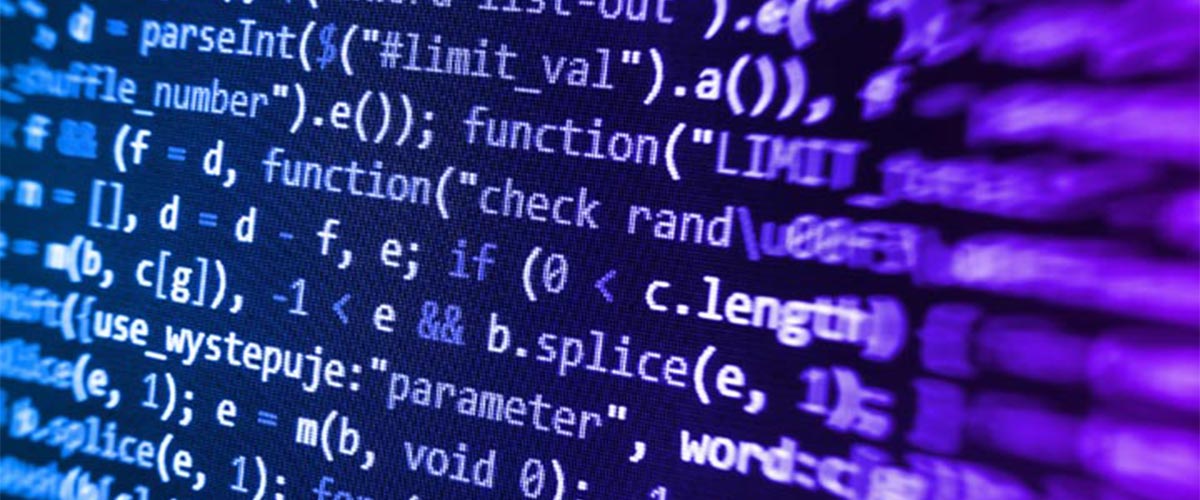

Well, in the case of the liberux and the 9 pro, you get a lot more storage space built in (very fast storage), way more RAM, etc.
Its up to you whether that’s all worth it. To me it is, I max out sub-$400 phones very quickly. The pinephone feels very choppy to use too by comparison.



I don’t like flatpaks or snaps or anything like it either, but I think they help a lot in situations like the Steam Deck or PinePhone where you want the base to be able to move slowly and be stable, while letting the apps on top move quickly.
The problems with flatpaks and similar is that it allows and even encourages developers to stick with horrendously outdated libraries, and your system is only as safe as the container’s isolation defenses.
They also make it more difficult to go in and directly modify or tweak the program as the user.
And many developers are no longer offering bare-metal options.